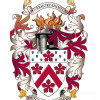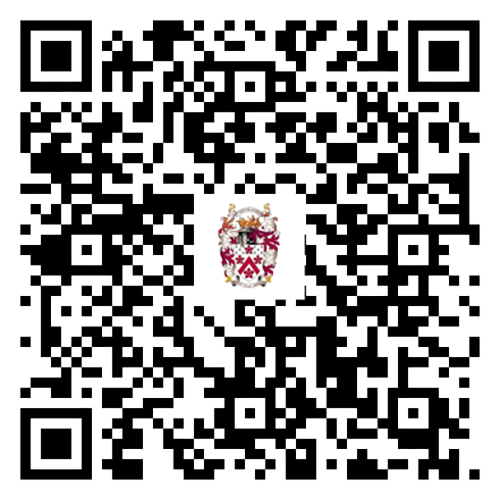Metacognition: The New Learning Superpower
When our Year 11 students take their IGCSE exams later this year they will be equipped with a new superpower: metacognition.
Metacognition is a fancy word for simple concept - thinking about thinking. In the educational context, it means learning about learning. And in Dulwich Pudong classrooms it means proactively teaching our students the neuroscience behind how people learn and using that as a springboard to help them understand how they can learn best.
In doing so we ensure not only that students achieve all that they can, but that they go beyond to achieve more than they ever thought they were capable of.

The Science of Learning in the Classroom
After a pilot programme last year, starting this academic year, this pioneering approach has been implemented in our Senior School Holistic Development Curriculum through the Science of Learning.
In Term 1, each of our Year 11 students received direct instruction in the Science of Learning from Ms Rachael Thornton, Head of Psychology, who last year published the results of the pilot programme in the influential education journal Impact. Students will also receive a refresher course just before their examinations.
 Rachael Thornton is Head of Psychology at Dulwich Pudong
Rachael Thornton is Head of Psychology at Dulwich Pudong
"We are still at the beginning stages, but what we see so far is very promising," Ms Thorton shares. "Metacognition is not just about improving exam outcomes but actually helping students add new capabilities so they can achieve things they never thought possible."
The Science of Learning programme is grounded in advances in neuroscience and cognitive load theory pioneered by Australian Educational Psychologist John Sweller. It has five main pillars:
- Understanding Memory
- Dual Coding theory
- Retrieval practice
- Deliberate practice
- Spacing and interleaving
Pulling back the curtain on the learning process brings numerous benefits to students. Chief among them is empowering students to take ownership and responsibility for their own learning, a goal which sits at the heart of our College's Learning Principles.

For most students, the immediate benefit of metacognition is the cultivation more effective study habits.
"The initial goal of the programme is for students to study smarter, not harder," says Anna Townend who is Director of Teaching and Learning in the Senior School and who also studied with Professor Sweller at the University of New South Wales. "This is especially valuable for examinations class students who are faced with a lot of material to master in a short amount of time."
 Anna Townend is the Director of Teaching and Learning in the Senior School
Anna Townend is the Director of Teaching and Learning in the Senior School
Engagement with the Science of Learning systematically demystifies the study process and guides students down a personalised learning path.
What Do Our Students Say?
The programme has been well received by our students.
Year 12 student Terry W, who went through the pilot programme last year, shares:
"The creative yet effective uses of dual coding, retrieval, and other related study strategies have allowed me to become more vigilant over my study habits. These have ensured that I value high quality studying rather than long durations of ineffective studying."
Year 11 student Joshua G, who is going through the programme now, shares:
"The Science of Learning was an enlightening experience which allowed me to discover new and engaging ways of revising. Grasping the science and psychology behind each method enabled a more systematic and effective way of learning new concepts and ideas, which was extremely helpful especially during the IGCSEs."
Long term benefits
The long-term potential of metacognition goes well beyond examination marks; students also stand to benefit from improved wellbeing, particularly cognitive wellbeing, by reducing the stress they feel when facing academic demands.
In the end, metacognition is a power which will benefit students in university and the world of work beyond. The ability to self-reflect, self-regulate and course correct is a key 21st century skill.
In the near term, the College is set to expand the Science of Learning programme to other year groups in age-appropriate ways. Teachers across the College are also busy developing capacity to embed these strategies effectively in day to day classroom practice.
 Rachael Thornton leads a Professional Learning session for other teachers
Rachael Thornton leads a Professional Learning session for other teachers
Ms Thornton has also created a guide for parents to help them understand what the Science of Learning is all about, to bring parents onboard as partners in the learning journey. You can download the guide here.
Our Science of Learning curriculum is also being shared across Education In Motion, the family of schools to which we belong, as a set of case studies and references to inspire other educators across the group.
It's another way we pioneer teaching and learning so our students graduate with the skills and motivation to make a difference in whatever field they choose.










